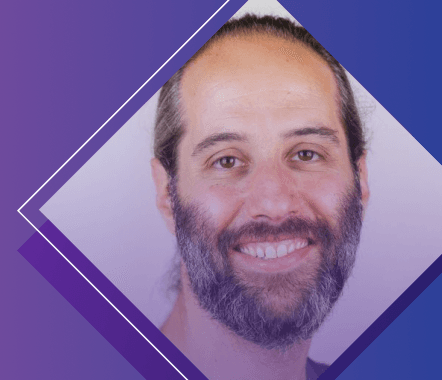In episode 72 of The Secure Developer, we take a look back at some previous episodes, focusing on Security Champions. We have included excerpts from Guy’s talks with:
-
Steve White (Pivotal)
-
Kate Whalen (The Guardian)
-
Omer Levi Hevroni (ex-Asurion, now Snyk)
-
Yashvier Kosaraju (Twilio)
Welcome to the first episode in a series where we reflect on the lessons given to us by our previous guests. This episode is a deep focus on security champions — developers with extra training who provide input from the security side of things. Our first perspective comes from episode 59 featuring Steve White, Field CISO of Pivotal, now a part of VMware. Steve shares his enthusiasm for security champion programs and speaks about their role in helping their teams make incremental security changes. After talking about why we should be moving security into the early development cycle, Steve gives advice on giving developers one security problem to focus on at a time. From Steve, we dive into episode 42 where we spoke to Kate Whalen from The Guardian. She highlights the value of organizing meetings for developers who are interested in security. These spaces, she explains, are for engineers to ask questions and come to an understanding that security is a shared responsibility. Next, we listen to Omer Levi Hevroni from episode 24, who was a maven for Asurion — their version of a security champion. He talks about the productivity challenges of being a security champion and needing to complete your tasks. Mirroring Kate’s points, Omer emphasizes the importance of having a community to share your experiences with and how conferences and online channels like Slack can serve this need. Our last perspective is provided by Yashvier Kosaraju from episode 66. Yashvier discusses having a security partner on a security team to complement having a security champion on the development team. We talk about the advantages of this system as it allows you to perform a security review on a project as it’s being created, ensuring that timelines aren’t affected. Our guest’s experiences are filled with insight and wisdom. Tune in for more on how you can develop your own security champion program.
